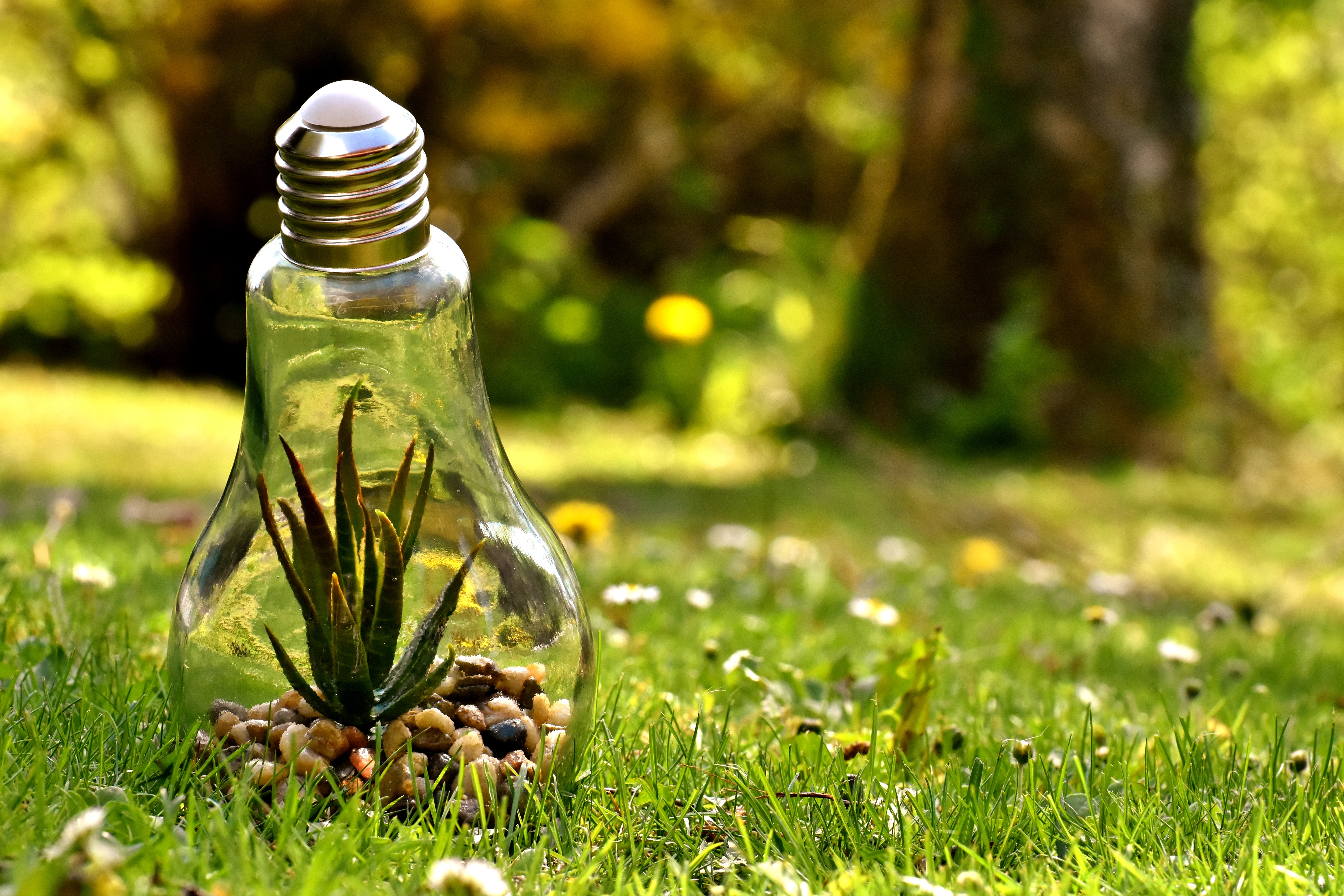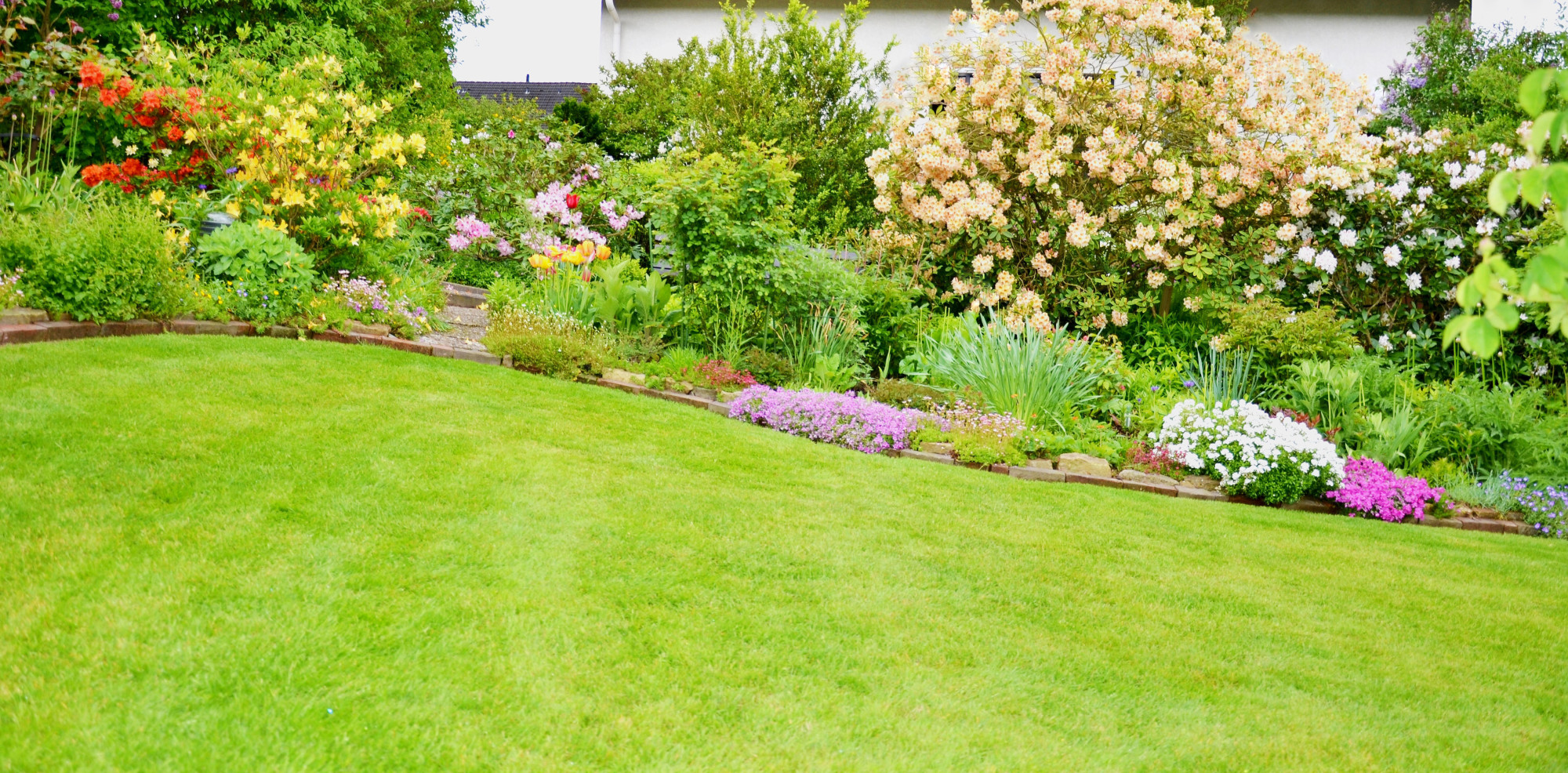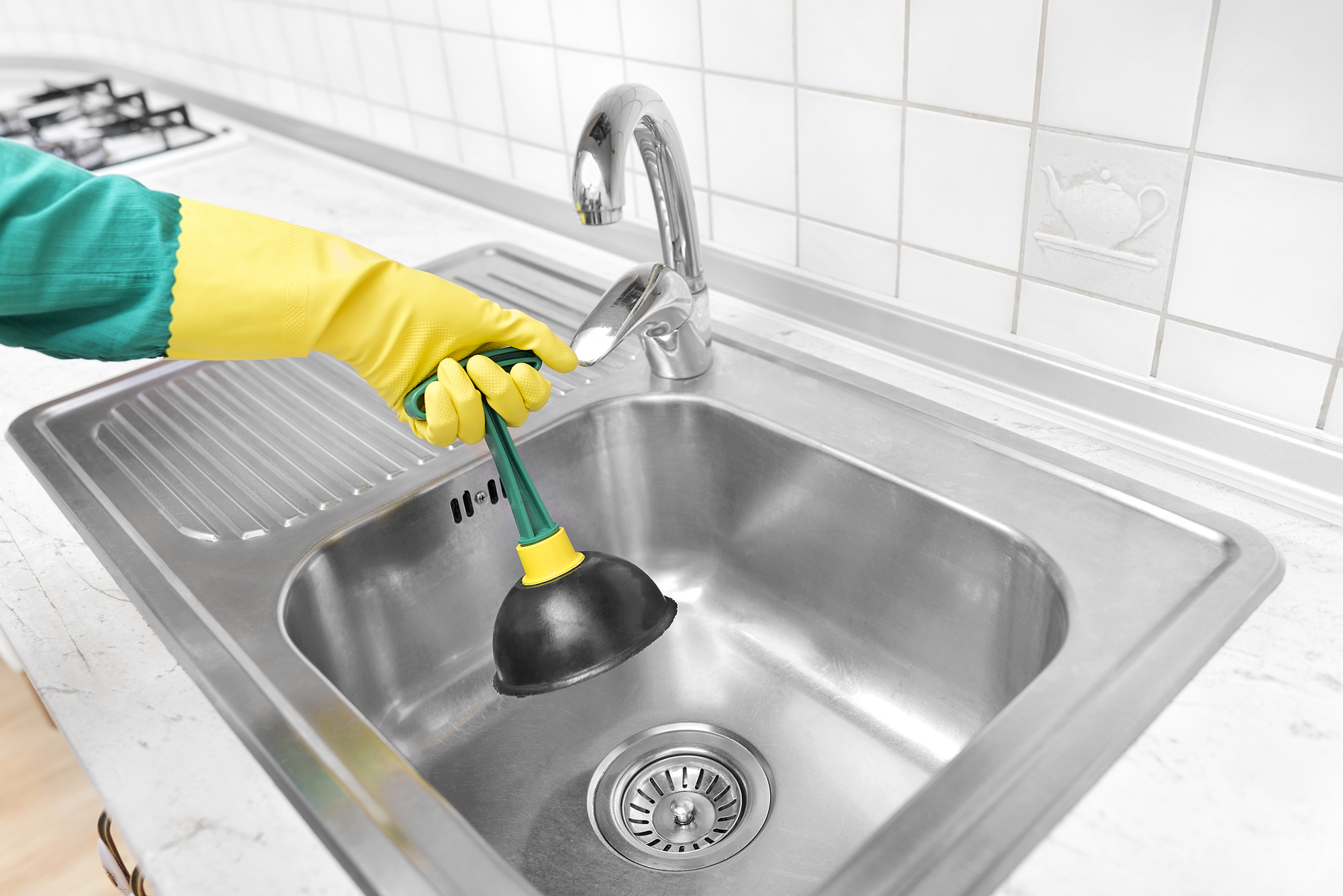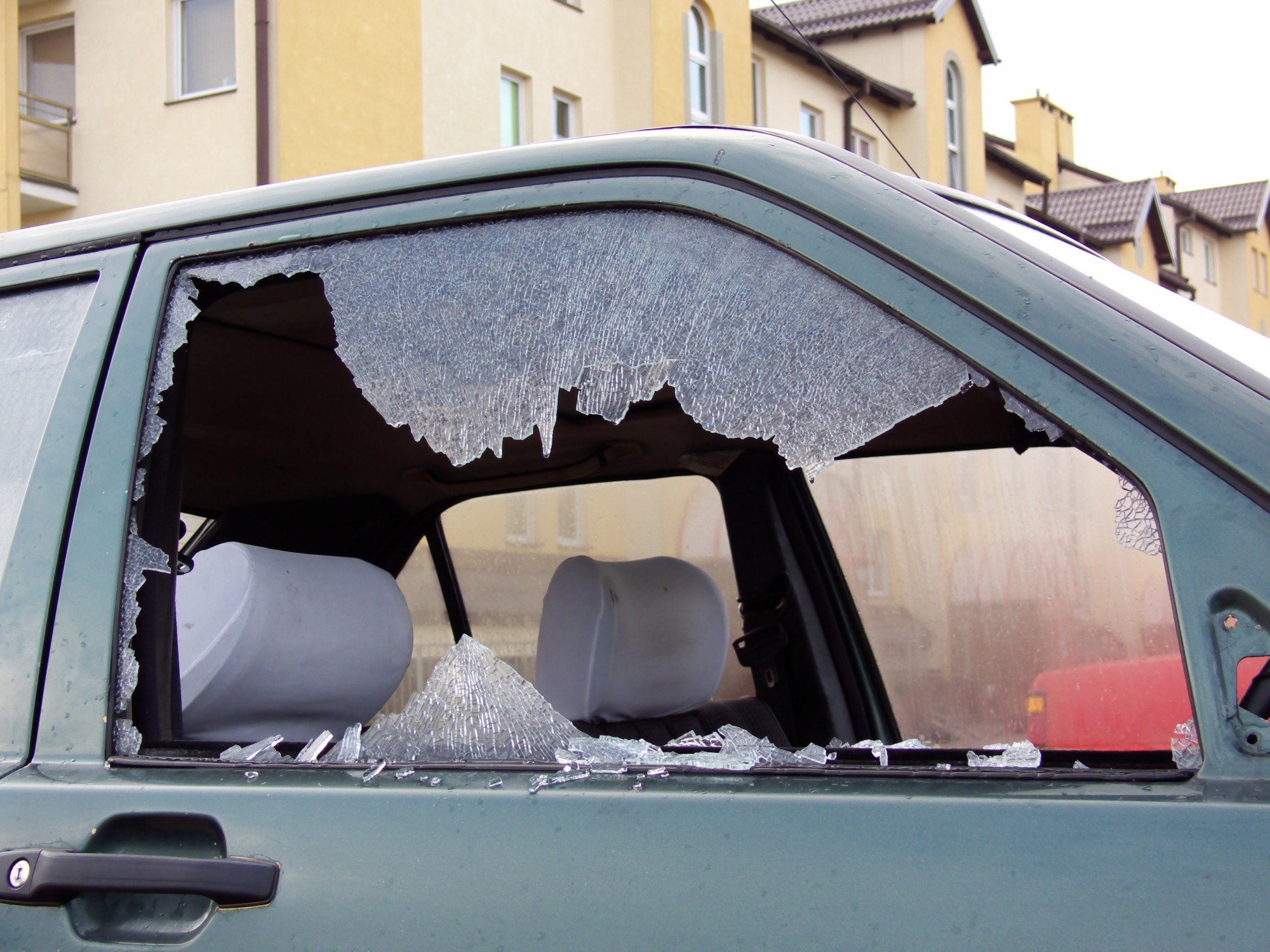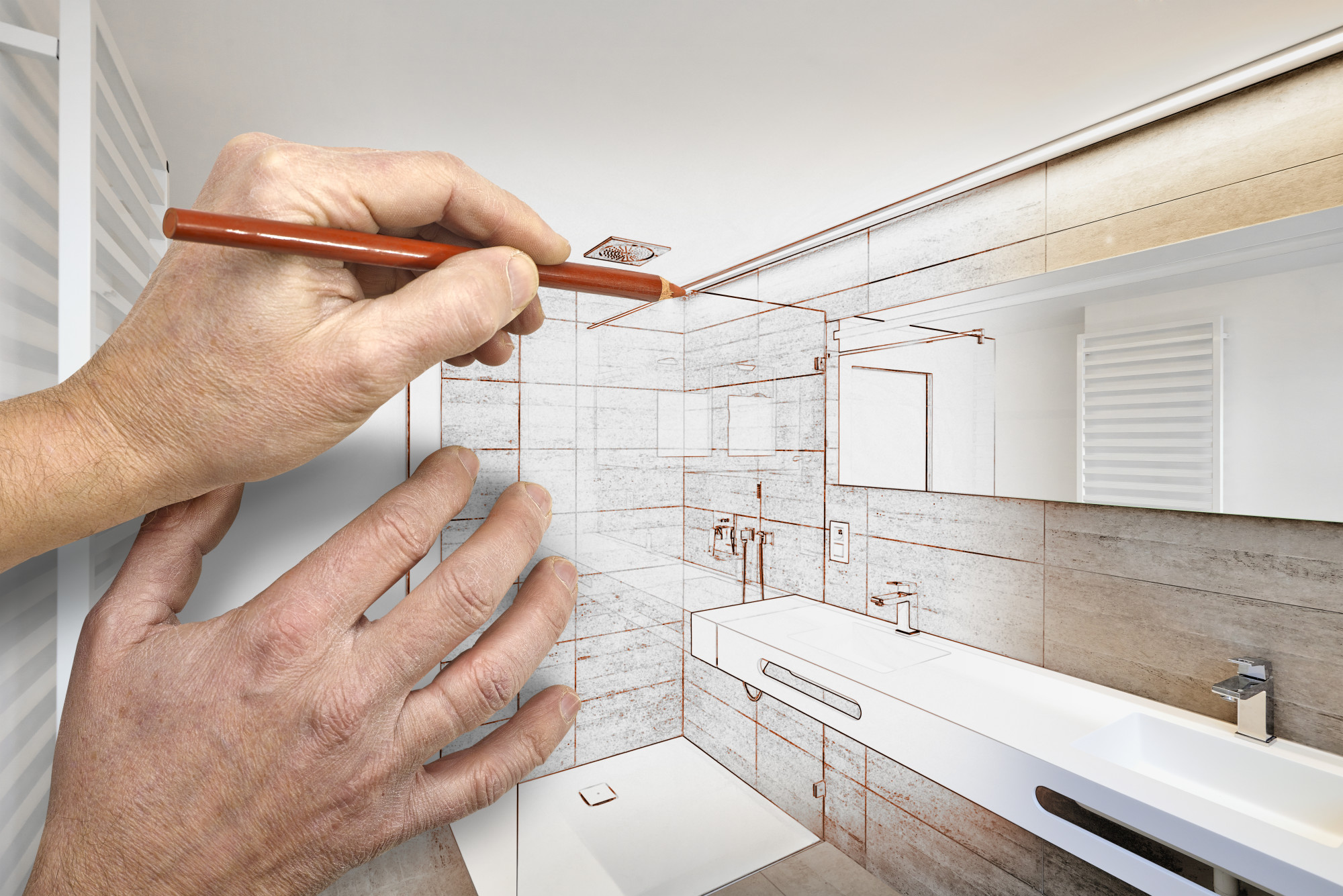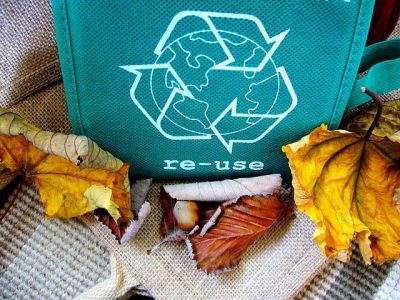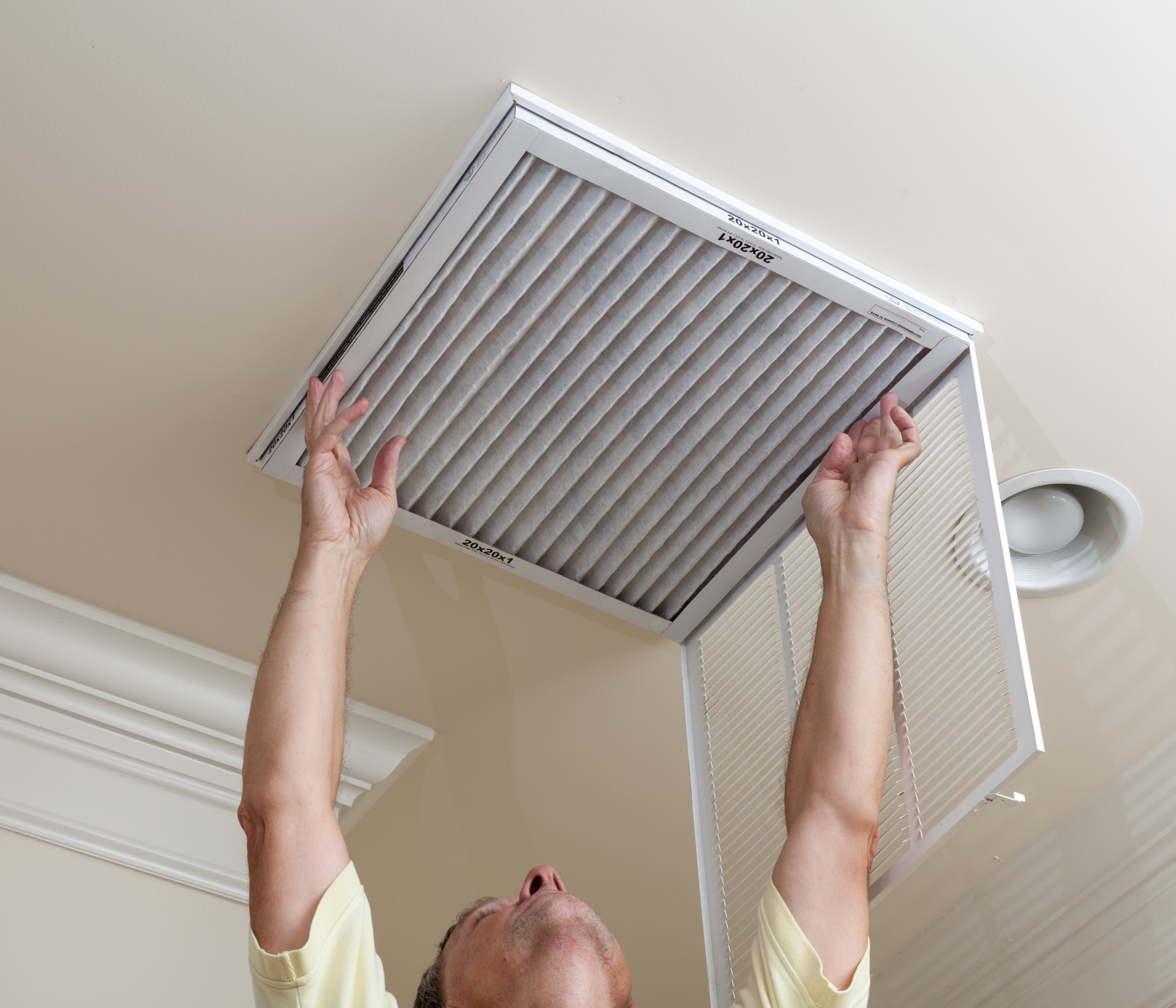Trying to conserve energy in the home?
Looking for ways to be more green?
If you want to do your part in saving the planet, it’s important to start conserving more energy in the home. Luckily, there are a lot of things you can do to reduce your energy consumption and, as a side effect, reduce your energy bills as well.
Here’s our list of the top energy conservation tips that you need to know about in 2019.
1. Change Your Lighting
One of the best things that you can do to improve energy efficiency is to install better lights in your home.
Different types of light bulbs use different amounts of energy. It’s best to use LED lights because they use about 75% less energy than traditional incandescent light bulbs, so you may want to install more of these around your home.
Additionally, make sure you’re turning off your lights whenever you leave the home or when you’re going into a different room.
2. Purchase Better Appliances
Purchasing energy-efficient appliances can also be helpful if you want to reduce your environmental impact. Look for devices to buy that have an Energy Star label and that will consume less energy when used.
Traditional home appliances account for a lot of the overall energy usage in a home. While it can be a bit more expensive upfront to get an energy efficient appliance instead of a standard one you’ll likely save a lot more on power bills in the long run.
3. Install a Smart Thermostat
It’s also a good idea to install a smart thermostat in your home. With a smart thermostat, you’ll be able to schedule air conditioning and heat usage to ensure you’re not using any more energy than you have to. This will help you use less energy and will also save you money at the same time.
A smart thermostat can be scheduled to switch off or adjust automatically when you’re asleep or out of the house. If you want to go one step further, you may even want to get a thermostat that can be operated remotely with a smartphone.
4. Take Your HVAC System to the Next Level
Especially if you live in a region in which you use a significant amount of heating each year, you may also want to upgrade your entire HVAC system. Heating typically accounts for nearly 50% of the average use of energy in a home, and air conditioning consumes a lot of energy as well.
Installing a new system will help you save significantly on bills each year. As with home appliances, opting for more energy efficiency upfront can cost a bit more initially but will likely be well worth it over time.
5. Eliminate Idle Power Usage
Much of the energy usage in the world each year comes from devices that are plugged into the wall but not actually being used. This is known as “vampire power” or “phantom loads” and can be a big problem. It can also be costly.
Whenever possible, you should unplug electronics and appliances that aren’t in use. Additionally, if you often leave devices such as televisions and computers on even when you’re not using them you may want to reconsider.
6. Start Using Power Strips
Power strips can also be extremely useful for reducing energy usage. Using power strips is one of the best ways to deal with vampire power that occurs from keeping devices plugged in when not in use. You’ll be able to turn off multiple appliances and electronics all at once and will save money and energy in the process.
A smart power strip can make this even easier for you. A smart power strip can be set to turn devices on and off automatically or on a set schedule.
7. Lower Water Heating Costs
Home water heating is also a big factor that contributes to high energy usage. If possible, look for ways that you can optimize water heating in your home and make it more energy efficient.
It’s a good idea to add more insulation to your water heater and the surrounding pipes. You may also want to watch how much of it you use throughout the day.
Additionally, there is a large range of upgraded water heaters you may want to consider installing. Some of these could save you as much as 300% of energy consumption compared to a standard water heater.
8. Add Energy Efficient Windows
Believe it or not, the windows you install in your home can play a part in energy consumption as well. Depending on the climate that you live in, windows can affect your energy usage in various ways.
In cold climates, poor windows can let out the heat that you have in your home. In hot climates or in hotter months, windows can let the cold air out while letting heat in.
Investing in more energy efficient windows along with more curtains, shades, shutters, and screens can be a big help in saving energy. You may want to find out more about using energy efficient windows now if you want to start saving money and lowering your energy consumption.
9. Insulate and Weatherize Your House
In addition to installing energy efficient windows, it’s important to better insulate and weatherize other areas of your house as well. Sealing any air leaks in ventilation, doors, attics or crawl spaces can all be a big help in improving energy efficiency.
Additionally, you may also want to do some more advanced home remodeling. Using better materials throughout your home and adding more insulation to the walls of your house can be very helpful.
10. Adopt Better Daily Habits
While many of the above tips include one time installations that you can use to improve energy consumption, the truth is that one of the best ways to conserve energy is to start adopting better habits.
Always be aware of the energy that you’re using and adjust as necessary. For example, you should make sure that you shut down your computer when you’re not using it, that you’re switching lights off when you leave the house, and that you don’t leave your water running longer than necessary.
While it can be hard to start being more aware of energy usage during daily activities, it will become second nature after a little bit of time has passed.
Learning to Improve Energy Conservation in 2019
While there are many more things you can do to improve energy conservation, the tips above will make a lot of difference. Be sure to try implementing some of the ideas above if you’re serious about reducing your energy usage this year.
Looking for more energy tips? Click here to learn about the 10 warning signs that you’re wasting energy in your home.

